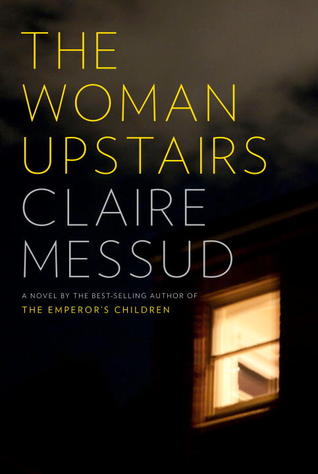Why do we require female characters to be "friendly?"

Author Claire Messud is fed up with having to defend her fictional female character against charges that she is "unlikable." In a recent interview regarding her new book The Woman Upstairs, the interviewer commented that "I wouldn't want to be friends with Nora, would you?"
Be friends? Since when is it required that we "be friends" with fictional characters? In the wake of Messud's diatribe against this issue, a lot of female authors and reviewers are coming forward to agree that female characters are held to different standards than male characters. It may be trite to say that an aggressive man is "powerful" whereas an aggressive woman is "bitchy," but that doesn't make it any less true.
Messud also argues that this is a question which would never be posed of a male author. Women are expected to write friendly, likable characters. Men are expected to write interesting characters with complex histories and behaviors. I do think this is true.
You can see this phenomena at work in reviews of Gillian Flynn's Gone Girl. A book by a female author, with a female main character who most people would not wish to befriend. A lot of people have complained about Flynn's character Amy Dunne, and been confused about what the deal was. Whereas if Gone Girl was written by a male author, or if the genders of the characters had been swapped, I'm willing to bet there would have been no such confusion. (Just look at how much people love Thomas Harris' character Hannibal Lecter. The dude has his own TV show now!)
It's unseemly for a woman to be angry, or for a female character to lack warmth. Unladylike. But you know what they say: Well-behaved women seldom make (literary) history. Messud's reviewer may have been trying to denigrate her book, but all he has succeeded in doing is convincing me to add it to my reading list.
Cover image copyright Claire Messud

1 comments